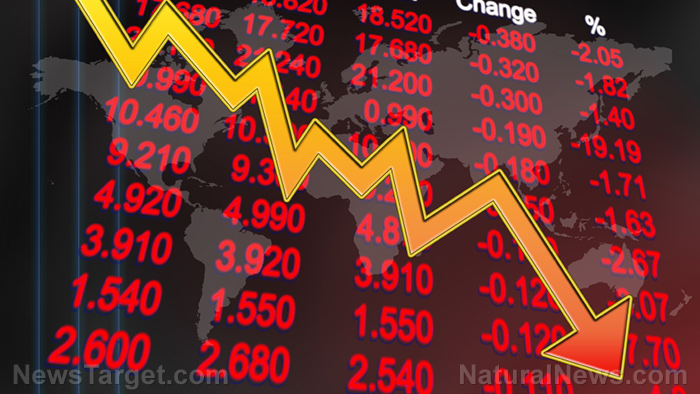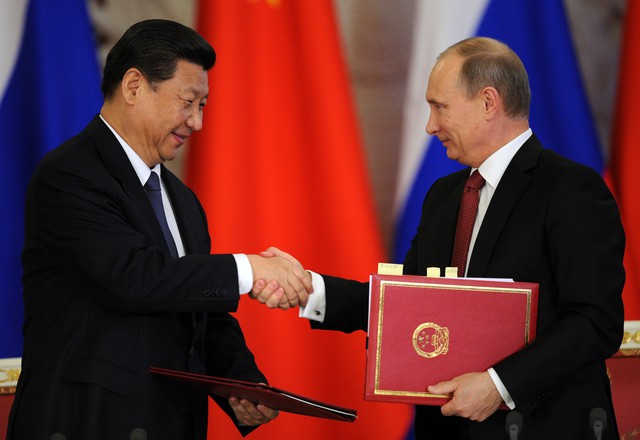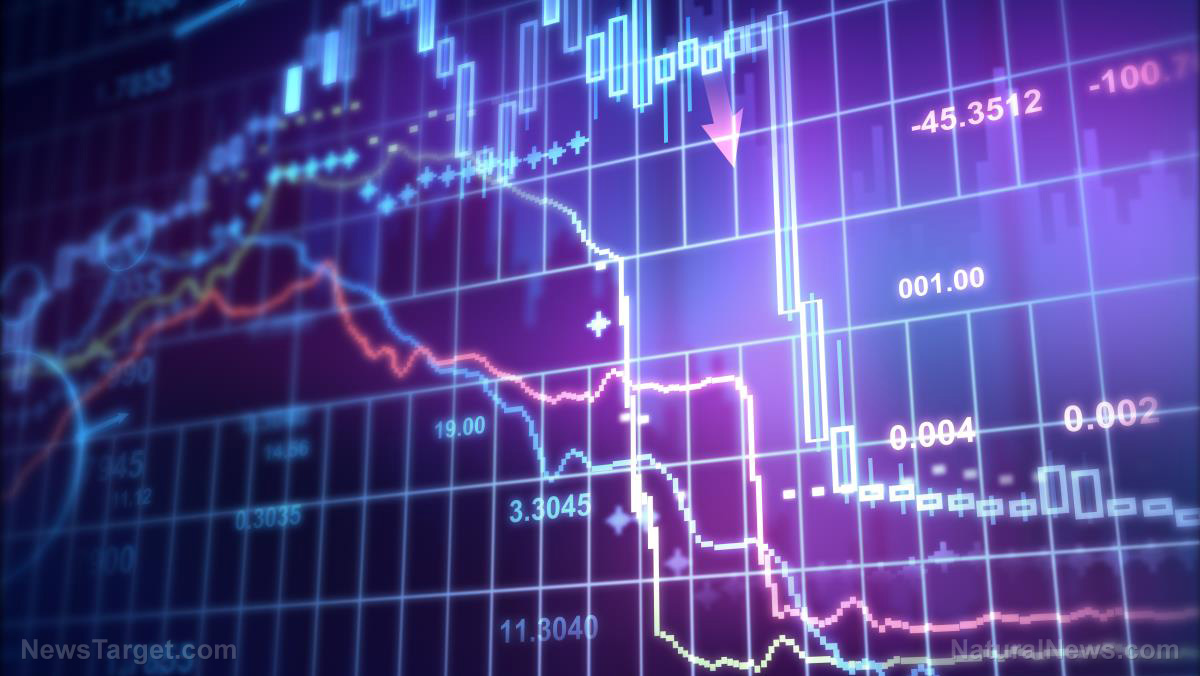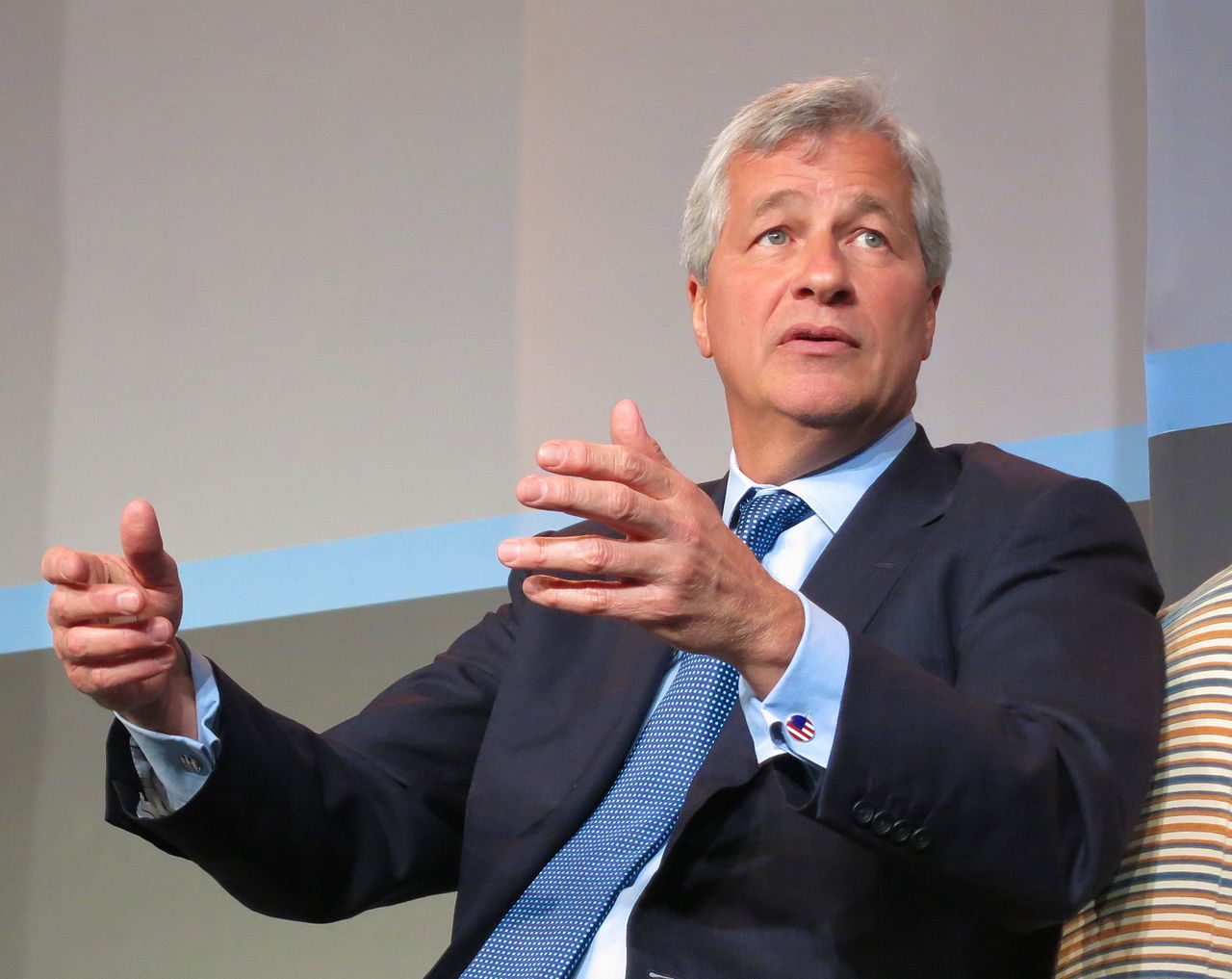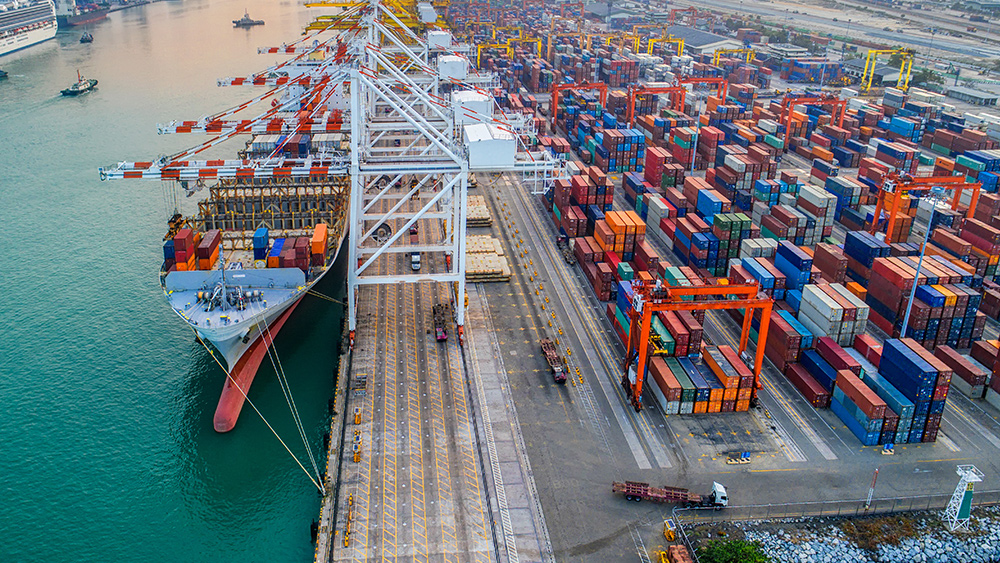Global policymakers: Economic downturn could become an abrupt economic collapse
10/25/2022 / By Kevin Hughes
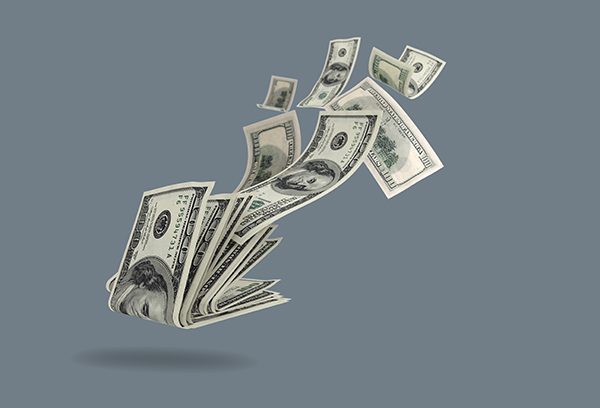
Global policymakers warned that economic downturn felt across the globe could become an abrupt economic collapse due to high inflation, soaring energy costs and rising interest rates.
Reflecting a poor outlook, a U.S. inflation report projected the Federal Reserve raising interest rates at an alarming pace. This could push the dollar higher, sending the price of imports and debt service for several countries skyrocketing. Data from China, meanwhile, showed a strong drop in consumer spending.
While the Fed’s fast rate hikes helped attract investors into U.S. markets and drive up the dollar’s value, it also put pressure on other central banks to raise their own interest rates to protect their currencies
Kristalina Georgieva, managing director of the International Monetary Fund (IMF), declared on Oct. 13: “The worse is yet to come. Across many economies, recession risks are rising.” (Related: World Bank: The global economy is expected to slump this year.)
She made this declaration during a meeting with finance officials in Washington, D.C. – concurrent with briefings hosted by the IMF and the World Bank.
A forecast by the IMF said economies representing more than a third of worldwide output will weaken next year. It added that the three biggest economies – the U.S., China and the European Union – will basically stop. Overall, the IMF forecast a 2.7 percent growth in 2023, down by 0.5 from 3.2 percent in 2022.
Strong dollar squeezing global currencies
Several policymakers who attended the Oct. 13 briefings said they view the rising U.S. inflation and the Fed’s reaction as the main threat to their own economic outlooks.
Barnabas Virag, the deputy governor of the Hungarian National Bank, said the dollar’s strength continues to squeeze global currencies.
“All of us would like to know what will be the Fed reaction in the coming months, because the strength of the dollar keeps the pressure on our currencies,” Virag sad during an Oct. 17 event supported by the Institute of International Finance.
Meanwhile, Indonesian Finance Minister Sri Mulyani Indrawati said in an interview that the U.S. economy’s momentum troubles other nations because it provides the Fed freedom to increase interest rates even more.
She pointed out that “a global recession is very possible,” adding that a declining global economy, rising interest rates and a strong dollar “really can hurt all countries in the world.”
Esther George, president of the Federal Reserve Bank of Kansas City, said on Oct. 14 that the economy is in shock. She warned during a webinar hosted by S&P Global Ratings on that day that acting too fast might have serious repercussions on the financial and economic markets.
“The thing I’m mindful of is we’re dealing with an economy that is readjusting to an extraordinary shock,” said George. “Moving too fast can disrupt financial markets and the economy in a way that could ultimately be self-defeating.”
A poll by the Wall Street Journal that asked economists found that they predict a 63 percent likelihood of a recession in the next 12 months. The same survey conducted back in July 2022 predicted only a 49 percent likelihood.
Follow Collapse.news for more news about the grim worldwide economic outlook.
Watch the video below to know why the global economy could stop growing next year.
This video is from the Chinese taking down EVIL CCP channel on Brighteon.com.
More related stories:
Ongoing Russia-Ukraine conflict pushing global economy closer to collapse.
Shortages of fertilizer and computer chips could jeopardize the global economy.
Sources include:
Submit a correction >>
Tagged Under:
big government, Bubble, central banks, chaos, Collapse, currency, economic collapse, economic outlook, economy, Federal Reserve, finance, global economies, Inflation, interest rates, market crash, money supply, panic, rate hikes, recession, risk, strong currency, Us Dollar
This article may contain statements that reflect the opinion of the author
RECENT NEWS & ARTICLES
COPYRIGHT © 2017 BUBBLE NEWS











